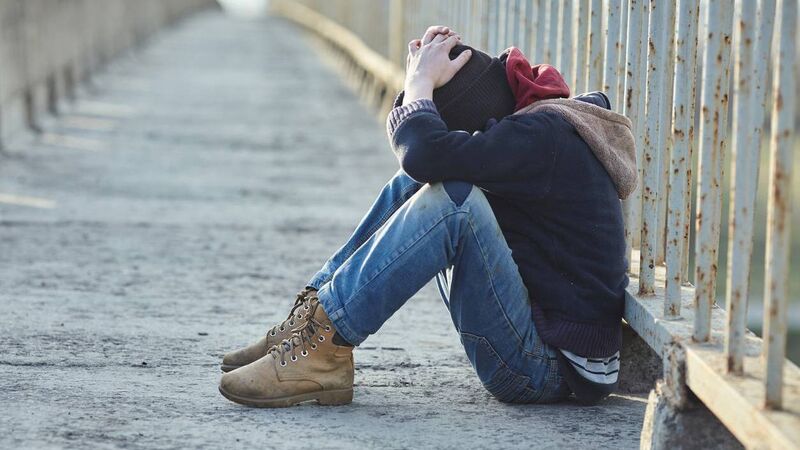Tusla expects to care for 1,200 unaccompanied child asylum seekers this year, Dáil committee told

A total of 69 unaccompanied children have gone missing to date this year. Of these, 48 have been accounted for, two have turned 18, and 19 remain missing.
More than 1,200 separated child asylum seekers are expected to be cared for Tusla by the end of the year — a 33% increase on last year.
The Child and Family Agency said half of the unaccompanied minors were from Ukraine, up from a third, due to an “increase during the summer”.










